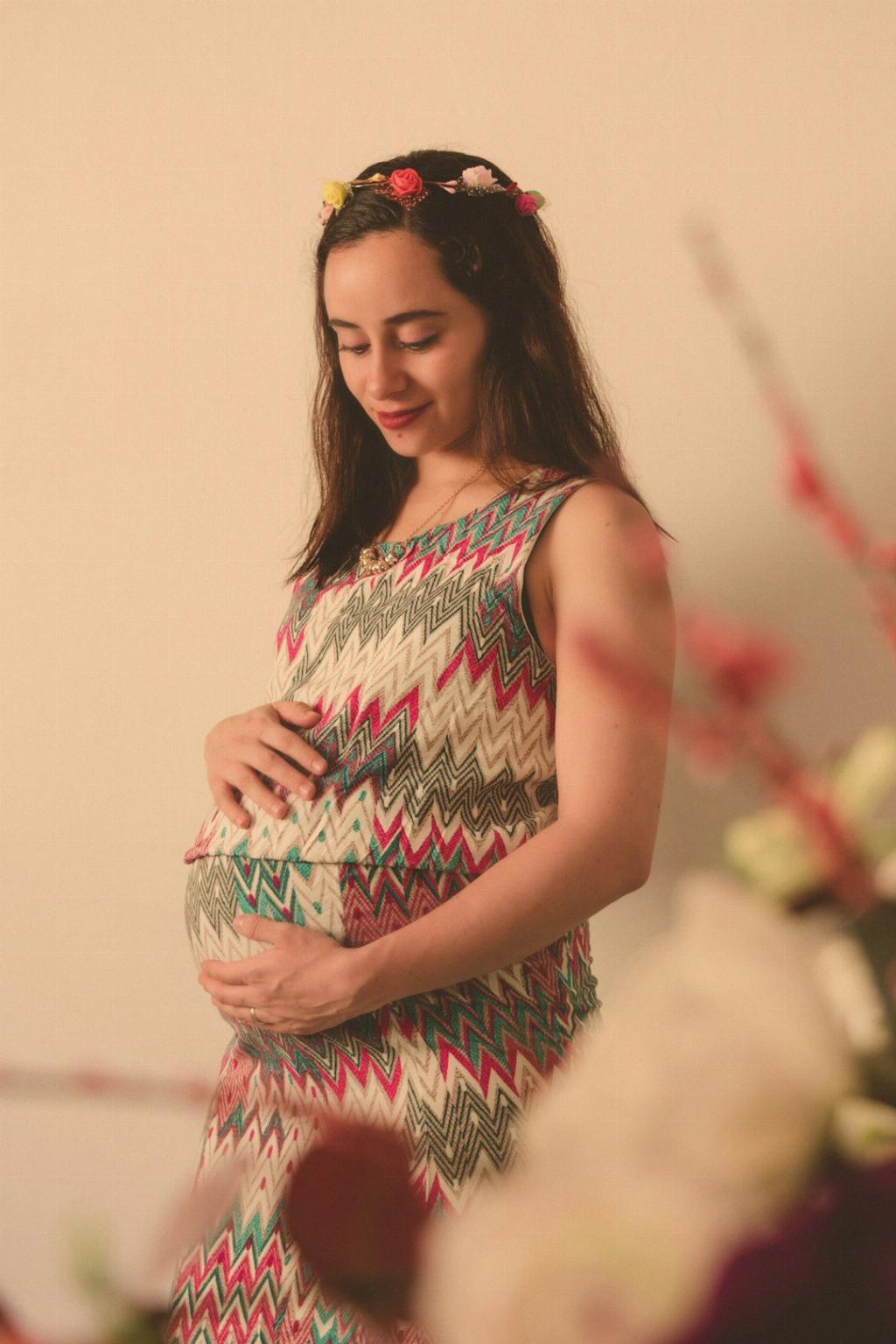When it comes to early pregnancy sickness, it’s important to understand that this experience can vary greatly from person to person. While some individuals may only feel mild nausea, others may experience more intense symptoms that can be quite debilitating. If you find yourself wondering what early pregnancy sickness feels like, let’s delve into the details.
For many individuals, early pregnancy sickness is often characterized by a persistent feeling of nausea. This sensation can range from a mild discomfort to a more overwhelming urge to vomit. It’s common for this nausea to occur throughout the day, not just in the morning, despite the term “morning sickness.”
Alongside nausea, early pregnancy sickness may also include episodes of vomiting. These episodes can be triggered by various factors such as certain smells, foods, or simply on an empty stomach. Vomiting can further contribute to feelings of weakness and exhaustion in individuals experiencing early pregnancy sickness.
One of the challenging aspects of early pregnancy sickness is the unpredictability of when symptoms may arise. You may be feeling fine one moment and suddenly be overcome by a wave of nausea or the urge to vomit. This unpredictability can make it difficult to plan activities or maintain regular routines.
Additionally, early pregnancy sickness can be accompanied by heightened sensitivity to smells. Certain odors that you previously found neutral or even pleasant may suddenly become unbearable and trigger feelings of nausea. This heightened sense of smell can make everyday tasks challenging.
It’s important to note that the severity of early pregnancy sickness can vary from pregnancy to pregnancy. Some individuals may experience mild symptoms that are manageable with lifestyle changes, while others may require medical intervention to alleviate their discomfort. If you find that your symptoms are significantly impacting your daily life, speaking to a healthcare provider can provide you with support and guidance.
Feeling constantly nauseous or experiencing frequent vomiting can take a toll on your emotional well-being as well. Early pregnancy sickness can be isolating and frustrating, especially if you’re struggling to find relief. It’s essential to prioritize self-care during this time and seek out the necessary support from loved ones.
In some cases, early pregnancy sickness may extend beyond the first trimester, impacting individuals throughout their pregnancy. This prolonged experience can be particularly challenging, requiring additional coping strategies to manage symptoms effectively. Consulting with a healthcare provider can help tailor a plan to support you during this time.
Managing early pregnancy sickness often involves a combination of dietary adjustments, lifestyle modifications, and, in some cases, medication. Finding what works best for you may involve some trial and error, as individual responses to different interventions can vary. It’s essential to be patient with yourself during this process.
While early pregnancy sickness can be physically and emotionally taxing, it’s important to remember that it is a common part of many pregnancies. It does not necessarily indicate any issues with the pregnancy itself and typically resolves as the pregnancy progresses. Seeking support and guidance can help you navigate this challenging time with more ease.
If you’re experiencing early pregnancy sickness, remember that you’re not alone in this journey. Many individuals have faced similar challenges and have found ways to cope and manage their symptoms effectively. Reach out to your healthcare provider for personalized care and support tailored to your unique needs.

